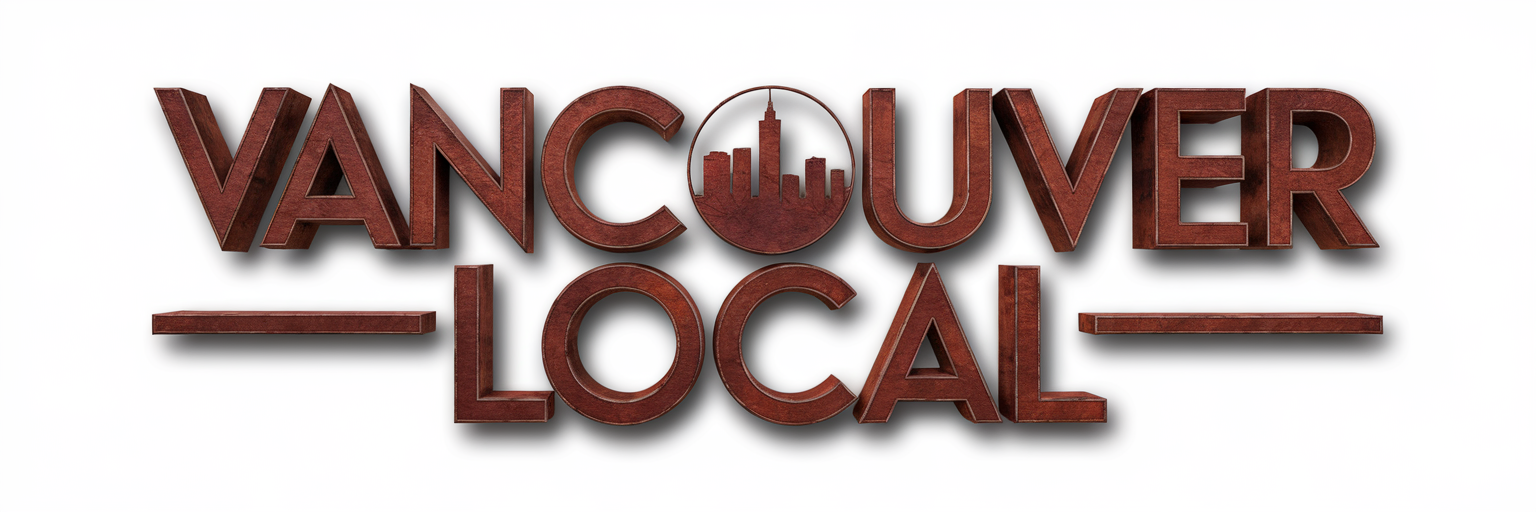Listen to the Article

Will Medicare Pay for a Stair Lift?
If you're considering a stair lift for improved mobility in your home, you might wonder whether Medicare will cover the cost. Generally, Medicare classifies stair lifts as home modifications rather than durable medical equipment, and that can complicate matters. However, there are nuances in coverage that might surprise you, especially if a healthcare provider recommends it as part of a safety plan. Understanding the eligibility requirements and exploring local assistance programs could open up new possibilities for support. So, what are the steps you can take to navigate this situation effectively?
Understanding Medicare Coverage
Understanding Medicare coverage can be crucial when considering home modifications like a stair lift. Medicare primarily focuses on medical services rather than home improvements, so it's important to know what it covers and what it doesn't. Generally, Medicare won't pay for stair lifts since they're classified as durable medical equipment, intended for use in a medical setting rather than a home environment.
However, if you're recovering from surgery or dealing with a medical condition that limits your mobility, you might be able to get coverage for other types of medical equipment. For example, Medicare may cover items like walkers or wheelchairs, which can assist with mobility. It's vital to consult with your healthcare provider about your specific situation to understand what options are available.
Additionally, you should check with your Medicare plan, as coverage can vary between Original Medicare and Medicare Advantage plans. Some Advantage plans might offer additional benefits that could help cover certain home modifications.
Always review your policy details and discuss any potential coverage with your insurance representative to ensure you have the most accurate information.
Eligibility Requirements for Stair Lifts
How can you determine if you qualify for a stair lift? First, assess your mobility needs. If you're struggling to navigate stairs due to a medical condition, like arthritis or a recent surgery, it's a strong indicator that you might benefit from a stair lift.
Additionally, considering accessible home solutions can help you enhance your living space for better mobility. Next, consult with your healthcare provider. They can evaluate your situation and provide documentation confirming your need for a stair lift.
Medicare may cover certain lift devices, but it's important to understand that stair lifts are generally classified as home modification rather than durable medical equipment. This means that, in most cases, Medicare won't pay for them directly.
However, if your doctor prescribes a stair lift as part of a broader home safety plan or rehabilitation process, you might explore options through Medicare Advantage plans or Medicaid for assistance.
Additionally, check with local or state programs that may offer financial help for home modifications. Confirming your eligibility involves understanding both your medical needs and the specific policies of your insurance, so don't hesitate to reach out to your insurance provider for guidance.
Costs Associated With Stair Lifts
Many people find that the costs associated with stair lifts can vary significantly based on several factors. These factors include the type of lift, installation complexity, and any additional features you might want. Understanding these elements can help you budget effectively.
| Cost Factor | Estimated Price Range |
|---|---|
| Basic Stair Lift | $2,000 - $5,000 |
| Curved Stair Lift | $8,000 - $15,000 |
| Installation Fees | $300 - $1,500 |
| Maintenance Costs | $100 - $300 annually |
| Additional Features | $500 - $2,000 |
When considering a stair lift, it's essential to factor in both the initial investment and the ongoing costs. While you might find a basic model within your budget, more advanced options with added features can significantly increase the total expense. You'll want to weigh the benefits against the costs to find the right fit for your home and needs. Remember, investing in a stair lift is about enhancing your safety and mobility, making your home more accessible for years to come.
Alternatives to Medicare Coverage
Exploring alternatives to Medicare coverage for stair lifts can help you make informed decisions about your mobility needs. If Medicare doesn't cover your stair lift, consider other options that might fit your budget and assistance requirements. The Elan Straight Indoor Stair Lift is a stylish and reliable choice for enhancing home accessibility, and it offers features like ergonomic armrest control and a limited lifetime warranty that can provide peace of mind.
First, check with your private insurance provider. Some plans may offer limited coverage for home modifications, including stair lifts. It's worth reviewing your policy or contacting your agent to clarify what's included.
Another option is to look into financial assistance programs. Nonprofit organizations and local government agencies sometimes provide grants or low-interest loans for home modifications. Organizations like the Department of Veterans Affairs may also offer benefits for veterans needing stair lifts.
You might also explore financing options directly through stair lift companies. Many manufacturers provide payment plans, allowing you to spread the cost over time.
Lastly, consider renting a stair lift if purchasing one isn't feasible. Some companies offer rental services, which can be a cost-effective temporary solution while you explore more permanent arrangements.
Steps to Apply for Coverage
If you're considering applying for Medicare coverage for a stair lift, it's important to follow specific steps to improve your chances of approval.
First, consult your doctor to evaluate your medical needs. You'll need a prescription that clearly states your requirement for a stair lift due to mobility issues or a medical condition.
Next, gather all necessary documentation. This includes your medical records, the doctor's prescription, and any relevant assessments that support your case.
Make sure you have detailed information about your stair lift, including its cost and specifications.
Once you have your documents ready, fill out a Medicare claim form. You can do this online through the Medicare website or by contacting your local Medicare office for assistance.
Be thorough and accurate in your submissions to avoid delays.
After submitting your claim, keep track of its status. If Medicare denies your application, don't be discouraged. You can appeal the decision, providing additional information if needed.
Frequently Asked Questions
Can I Rent a Stair Lift Instead of Buying One?
Yes, you can rent a stair lift instead of buying one. Renting often provides a cost-effective solution for temporary needs, allowing you to enjoy mobility without the long-term commitment of ownership.
Will Medicare Cover Stair Lifts for Multiple Levels in My Home?
Medicare typically doesn't cover stair lifts, regardless of your home's layout. If you need assistance, consider exploring other financial options, like state programs or grants, which might help alleviate costs for necessary home modifications.
How Long Does the Approval Process Take for Stair Lift Coverage?
The approval process for stair lift coverage typically takes a few weeks. You'll need to submit necessary documentation, including a prescription from your doctor. Stay in touch with your provider to ensure timely updates and responses.
Are There Specific Brands of Stair Lifts Covered by Medicare?
While certain stair lift brands might not have explicit Medicare coverage, you'll find that some approved models meet safety and functionality criteria. Always consult your healthcare provider for guidance on covered options tailored to your needs.
What Documentation Is Required to Support My Stair Lift Claim?
To support your stair lift claim, you'll need a doctor's prescription, medical records detailing your condition, and any necessary documentation proving the lift's medical necessity. Ensure you gather all relevant paperwork before submitting your claim.
Conclusion
In summary, Medicare typically won't cover stair lifts since they're seen as home modifications rather than durable medical equipment. If you're facing mobility challenges, it's a good idea to consult with your healthcare provider about your options. You might also want to explore local assistance programs that could help with costs. While Medicare may not provide coverage, there are still pathways to find support for your stair lift needs. Stay informed and proactive about your options!







